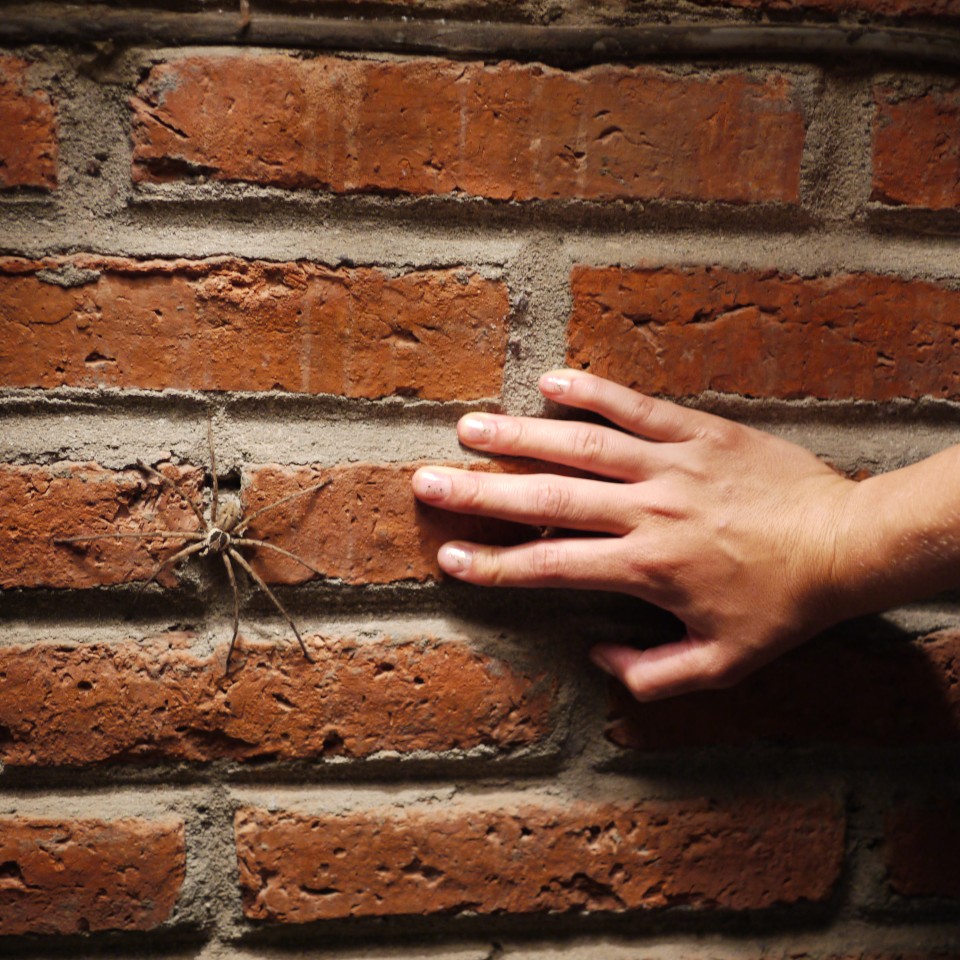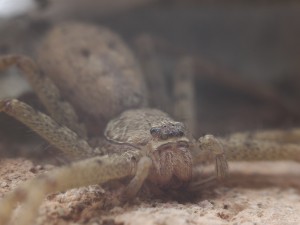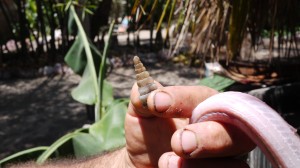y sin que olviden sus típicas arañas…
- José Alfredo Jiménez
If you’d have known the fame these suckers had, you wouldn’t have ushered so many outdoors when you’ve found them posted up perpendicular to the floor in the shadow on the back of your dresser, or in the perpetually dusky corner of your shower stall. It makes sense though; everything famous is nasty and in the end its better to keep them around because they keep the really annoying, biting shit away. It’s an ersatz panacea for the populace, you think, maybe that’s why so many glue their gobs to the celluloid for nightly installments of the telenovela or reality-show that allows them to freely associate the newish truncating stimuli they’ve inherited from this epoch’s paradigms. The glowing box keeps the bad away and the market crashing looks better on the news than howling hungry in the streets or worse in your homes, brandishing a mirror for our racial fears unto crowds tearing each other gristle from sinew. Worst its being recorded from on high by the collective cameras, relayed through space for the aliens so they can pony up because they hired the world leaders to make them a planetary snuff film using nephilim progeny or some such nonsense of the boot-to-face ballet that seems to color human history for at least since the beginning of agriculture.
Anyways, you have so many no-see-um scars there’s no room for them to spew another pile of acid, and there’s only so much DEET or citronella cut with Mazola that you can schmeer on your skin before you start feeling like a french-fry yogi at a Sierra Club retreat. That’s the price for having the good stuff around, for having your neighbors dropping off repetitious sacks of mangos to your door because they’ve got more than they can possibly shove down their own gullets. There’s not just a lot of seafood, vegetables, fruits, and meats; there’s a lot of everything. Mexico is one of a few spots of megadiversity on the planet. As the rains come, the soil births forth the bounty. So will the insects flourish, and the bacteria, the uncountable roiling masses of sub-visual marvels that tick-tock the realms of us macro organisms flourish in turn. Instead of thinking of it as a bane, as something to be controlled, stepped on and spliced out of concern, biodiversity and its emerging links with cultural diversity might be better thought about as a necessary condition of living-in the world.
Codependency, by no means a novel idea, transects collective interest in strange ellipses, occasionally championed by a majority and yet often continually engaged-with by those who depend-on it to produce, hunt and gather food. Oddly enough, it is not the elimination of ‘pests’ or scourges alone that has allowed humans to progress in terms of food production; rather, the proliferation of types and kinds. When one type of crop, one species, fails, another will succeed under the conditions present. When one scourge or disease shows up, other species will flourish even as some perish. Archaeologists continually push back prehistoric dates for cultivation of staple grains, salient to every world civilization’s development. People have been living with these staples for hundreds of generations, selecting traits and species to the needs of their situation. In a contemporary context, if a group is forced to migrate from plains to hills, a shift in selection will take place as the people and the plants adjust to the new environment and landscape. Therefore, when people here tell you that they are corn you believe them.
There’s everything in there all the time, a fisherman says, pointing to the open ocean. It always makes him laugh when people are afraid to go in at night (during when most netting is set), because there’s the same stuff in there as during the day. He complains for the second time in the conversation how the fucking burners (jellyfish, chemaduras) are out and they stung him all over. He says when he cleans out the nets of the catch and gets a whole bunch of rays and eels, he wades back into the water chest deep to release them. All I do, he says, is stand still and watch them all swim away. Try to be oblivious, he said, but yesterday a fucking eel bit me right in the fucking hand when I released him. Damn, he says holding up his thumb under the light. You can’t see the healing wound, but from all the meter long corpses of the spotted eels on the beach with their long toothed mouths gaping and baking in the sun you can feel his stinging remnant. The doctor said I have a lot of amoebas, he digressed. He gave me pills, but they made me sick. I just eat a lot of garlic all the time, and nopalitos, and meats of all kinds: fish, beef, pork, chicken, everything. I asked the doctor if the parasites would make me bloated, but the doctor told me I’m just fat and that I eat too much.
Forget the trunks in the waves from the falling ramadas that can brain the foolish who swim amongst the crashing waves, the burros pounding the beach in these times. The rains bring everything. Let’s not leave out scorpion risk in Mexico (Secretaria de Salud), or the fact that you’ve eaten rattlesnake after your friend killed one while gathering palm fronds. Your mutual friend there at the time said, it was very nonchalant and he just swept down right near his leg and that was it. He butchered it, and another vato cooked it with cactus and onions and chile. It was delicious.
After the meal, the cook told you about his younger days working day labor, when one of the other guys corrected him when he waxed philosophic saying, we live on the earth. No, the guy bolted back, we live in the earth! If we lived on the earth, he theorized, we’d fly right the fuck off! He goes on about work and, inevitably, about fishing, telling you about catching a shark once. Would you eat it? Shark meat is very good. You say you would, but wouldn’t eat a lot because of the mercury. He’s perplexed and kind of angry like you’re just so ignorant it’s hopeless. What comes from the sea, he explains, as if to a child, is good. Everything that’s here is a gift for us to use, he says, spreading his hands out first to the sea and then to the land. It’s all good.
Tags: arana, biodiversity, biology, connection, diversity, ecology, interconnection, Mexico, spiders, Travel, Zev Gottdiener








